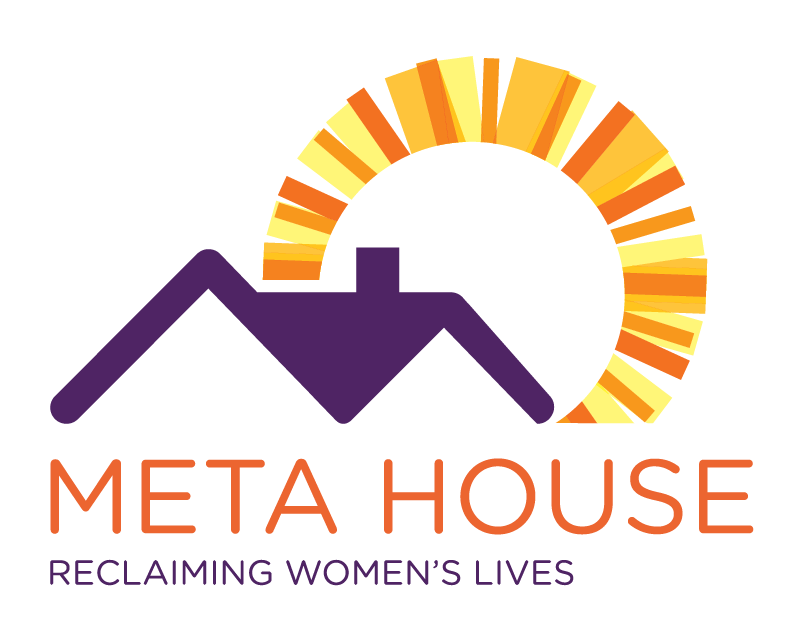Robyn
Robyn arrived at Meta House’s residential treatment program on July 18, 2013, broken and ready for a change.
Robyn learned at a young age how to adapt to her volatile home environment; at times, her family home was peaceful – a great place to bond with her mom, dad, and three sisters. Other times, it was unpredictable and chaotic, wrought with alcohol-fueled anger. At 12 years old, Robyn began drinking alcohol; at 15, she started smoking marijuana, and at 16, she started experimenting with cocaine. And yet, she graduated from high school on time at 17 and started college the following Fall. Months later, Robyn learned she was pregnant with her on-again, off-again boyfriend. Their relationship was toxic and abusive, fueled by heavy substance use. Robyn fought hard throughout her pregnancy to stay sober. Three weeks after welcoming their healthy baby girl, Robyn’s mom passed away from causes related to her substance use. To escape the pain of her harsh reality, Robyn turned to substances to cope, which quickly evolved into dependence. Robyn’s sisters were all fighting their own battles with substance use disorder as was her dad. A few months later, he too, lost his life to the effects of his substance use, reigniting the tremendous loss that Robyn felt.
Somewhere in the depths of her pain, Robyn recognized that she needed help. She found her way to a methadone clinic and began Medication Assisted Treatment. Robyn was confident this was the answer to a healthier future. At the clinic though, she met people who introduced her to opiates. In the two years that followed, Robyn struggled more than ever. Her world fell apart when she lost custody of her daughter in January 2013. Robyn entered a residential treatment program not long after and maintained recovery for six months, but she relapsed and didn’t yet have the tools she needed to get back on track.
Robyn’s life changed the day she entered Meta House’s residential treatment program. Robyn spent the six months that followed learning about substance use disorder, processing her trauma, identifying her triggers, and developing tools to support a long-term recovery with her team of therapists and peers. Robyn worked with parenting specialists and family therapists who taught her how to nurture, care for, and engage with her daughter. Robyn got vulnerable and shared her truth and her fears. Meta House introduced her to outside meetings and community-based recovery groups so she could start to build a support system. Through those meetings, Robyn found a sponsor.
When she was ready, Robyn moved into Meta House’s Recovery Community, a vital step in becoming more independent, and started putting to work all that she’d learned in treatment. Robyn was held accountable for her actions and maintained a healthy routine. Robyn attended outpatient groups and regularly met with her therapist. The Summer of 2014 was a season of reckoning – due to her tremendous personal growth and her ability to demonstrate that she had stable housing, Robyn was officially reunified with her daughter on June 6. On June 17, she graduated from Milwaukee County’s Family Drug Treatment Court. On July 10, Robyn celebrated a year of recovery. For the first time in her life, she felt empowered.
Following treatment, Robyn volunteered for a youth runaway shelter, which allowed her to dive into her passion for helping others. In 2017, she returned to Meta House, this time, as a Peer Support Specialist. Robyn found an enormous satisfaction leveraging her own experiences to help others in their recovery journey. Robyn went back to school and graduated with her Bachelor’s degree. She was thrilled in 2019 to accept a promotion to lead the operations in Meta House’s Recovery Community. For the past four years, Robyn has solidly held that role and continues to advocate for recovery in the community, often speaking at events. Three years ago, Robyn bought a house in a neighborhood that feels like home to her family – a healthy and thriving 14-year-old, a dog, a cat, and tortoise. Robyn is currently in a program at UWM and is expected to graduate with her Master’s in Social Work in 2023.
